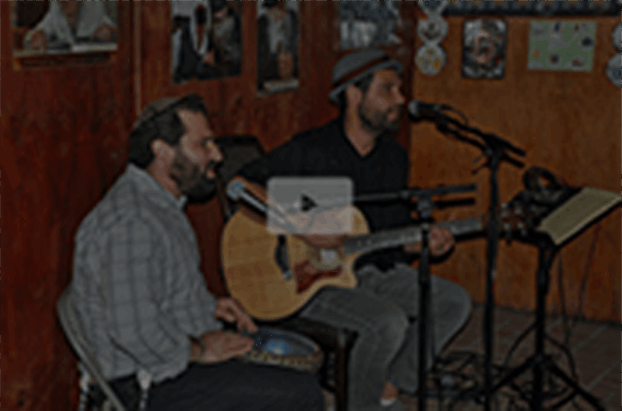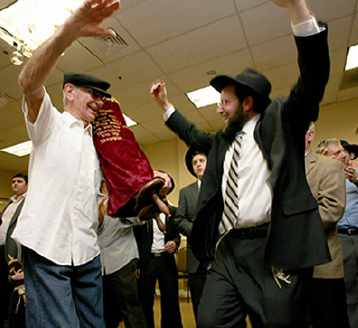On March 11, we decided to close The Jewish Center, the large Orthodox congregation in Manhattan where I serve as senior rabbi. To some, it seemed like a drastic step for a century-old institution that’s been open every day of the year for as long as anyone can remember. It was early in the pandemic; the government hadn’t mandated the closure. Other houses of worship and nonprofits were still operating. But with a spike in cases in the broader community, we thought then — and continue to think now — that the cautious path is the better one.
Ours was one of the first synagogues in Manhattan to close. As news of the impending pandemic began to unfold, I spent hours on the phone with colleagues both locally and nationally trying to persuade them to make the same decision. As the call to “shelter in place” grew louder, we urged our members to spend Passover at home, even in cases where doing so meant celebrating the holiday alone. We encouraged them to wear masks before mask-wearing was obligatory. And when neighboring synagogues began to reopen in accordance with allowances made by the state, we remained closed, steadfast in our belief that an emotional attachment to the idea of shul constituted insufficient grounds to reverse course. Data and deliberation drove our decisions.
Over the past few months, questions of how and when to reopen businesses and schools have thrown into relief the factionalism that currently plagues our country. It seems our discourse of late has become dominated by binaries.




